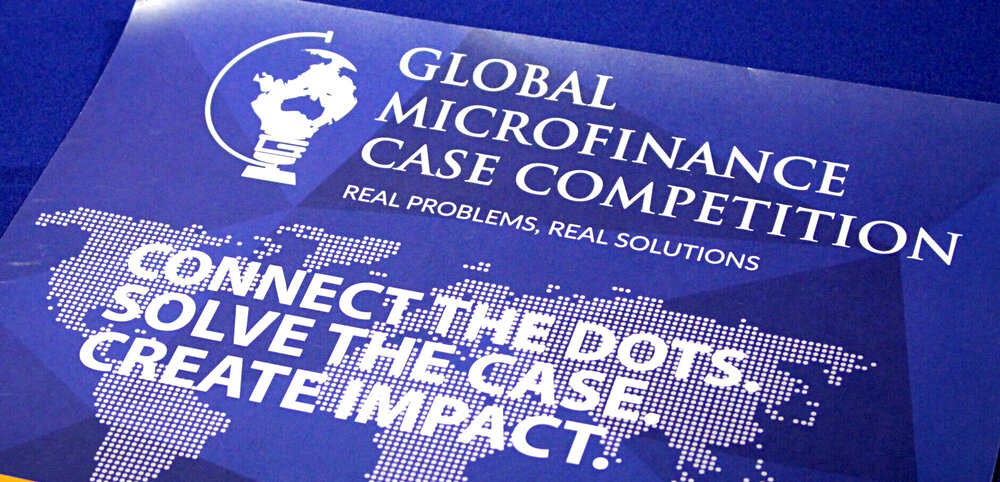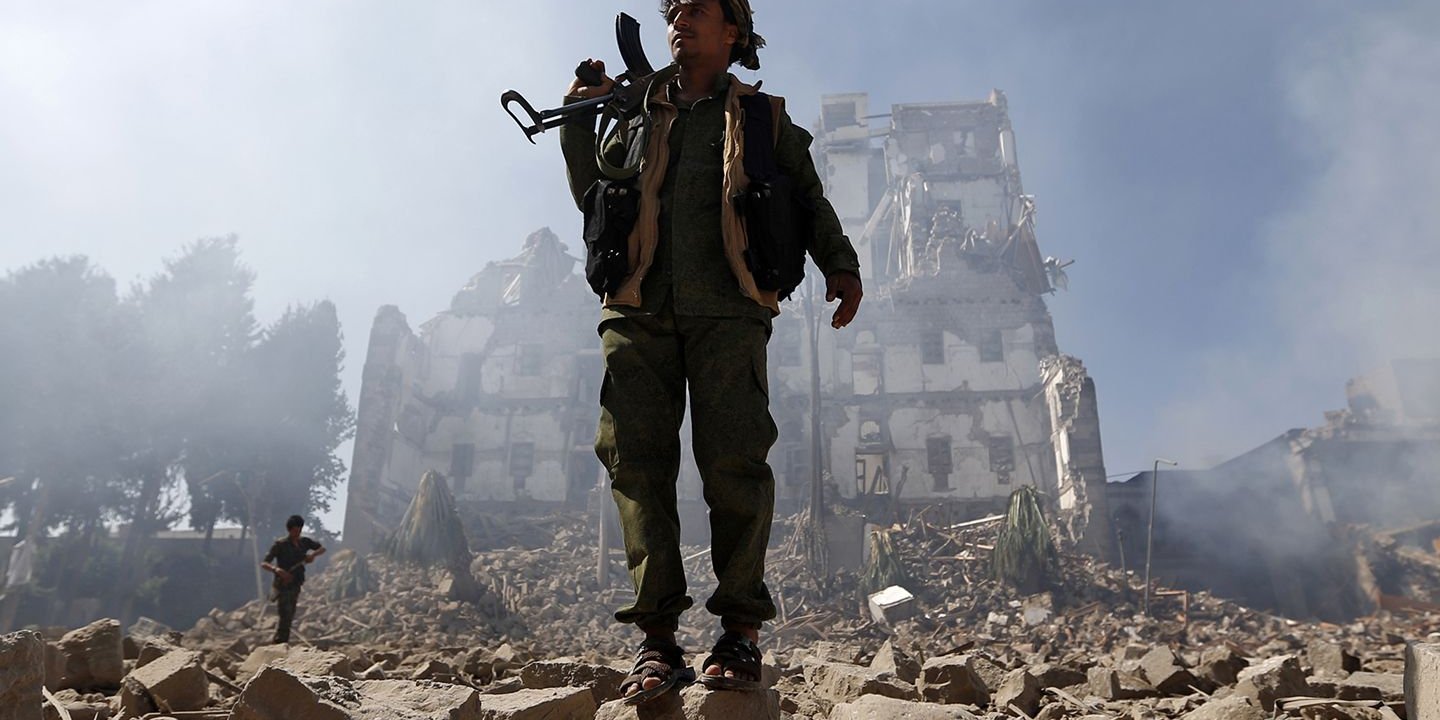SSCBS Team reaches Top 12 at GMCC, University of Melbourne
The Global Microfinance Case Competition, an annual case study competition organised by the University of Melbourne, Australia, recently announced its results. Aryan Bharadwaj, Ishaan Jain, Rishabh Bansal and Vedansh Chopra from SSCBS, were among the Top 12 teams. Under the guidance of Dr. Poonam Verma, Mr. Neeraj Sehrawat and Mr. Amit Kumar, they represented the country at a global level, beating the likes of IITs and IIMs. We interviewed the team members who shared their experience and insights.
What motivated you to take part in case competitions? Any suggestions to others who wish to take part in them?
Case Competitions are a propitious opportunity to test your skills and application of theoretical concepts while solving realword problems. Apart from the adrenaline rush, our team’s motivation revolved around the opportunities which a global case competition provides: learning, developing skills, networking with global industry professionals. We would encourage others to find their motivation.
What was the experience like to take part in a global case competition?
It contained a more dynamic short-listing process along with a unique case. They presented us the case of a real-life financially distressed Filipino microfinance institution that faced economic inefficiencies amidst this pandemic. We realized the intensity of the competition seeing how granular the data was, which was presented in the form of multiple problem statements. Our structured approach helped us get out of the maze of facts and figures.
What were some challenges and lessons while solving this case?
The major challenge was to handle academics while we brainstormed till late in the night. We got to know the nuisances of the Philippine’s microfinance industry, the insurance industry and the credit rating system feasible for the lower-middle income class families. We also realized how synergies within a team are crucial for success. With the time constraints, we were on Zoom every night for discussions.
Any advice to students about how they can crack such competitions while managing their other commitments?
Half of the battle is won once you have the right team. The skills of the members must be collectively exhaustive. The business solutions that you give need to be workable, innovative, and financially sustainable. Many people follow an ambitious approach and don’t consider the feasibility. Stick to the basics, take the help of various case frameworks, and do justice to the case both qualitatively and quantitatively. As far as managing time, we faced problems with that, and that can only be handled via effective prioritization of the right thing at the right time. Don’t get so carried away with the competition that you sacrifice on your academics and other commitments. It’s not important to win, but take away some lessons out of it.
How was your team formed? What rounds did you clear?
We got to know about this competition very late, and we didn’t have any inclination of participating. We were already enrolled as a team in another competition and we just took it up to test our synergies and ended up qualifying. There were three rounds, initial case video submission, then Global Heats, competing against other teams from Brown University and NTU, via a Q/A session and lastly the finals.
Is the art of case-solving beneficial to students? How should one prepare for such competitions?
It is beneficial for everyone as every case statement is unique and helps you to research different industries, markets and come up with innovative business solutions that help to expand your overall business acumen and keeps you up-to-date with what’s happening around. Few ways in which people can prepare for such competitions is to solve past year cases and test your solutions with the winning ones apart from that you need to read a lot of industry reports of various companies so you are well-versed in what’s happening around in your business environment. Something like case solving isn’t just about an activity or a competition, it’s a process which involves prioritisation of work, time and most importantly a good grasp of the basics. The CBS Post congratulates the team and further motivates others to gain inspiration from their experience.



